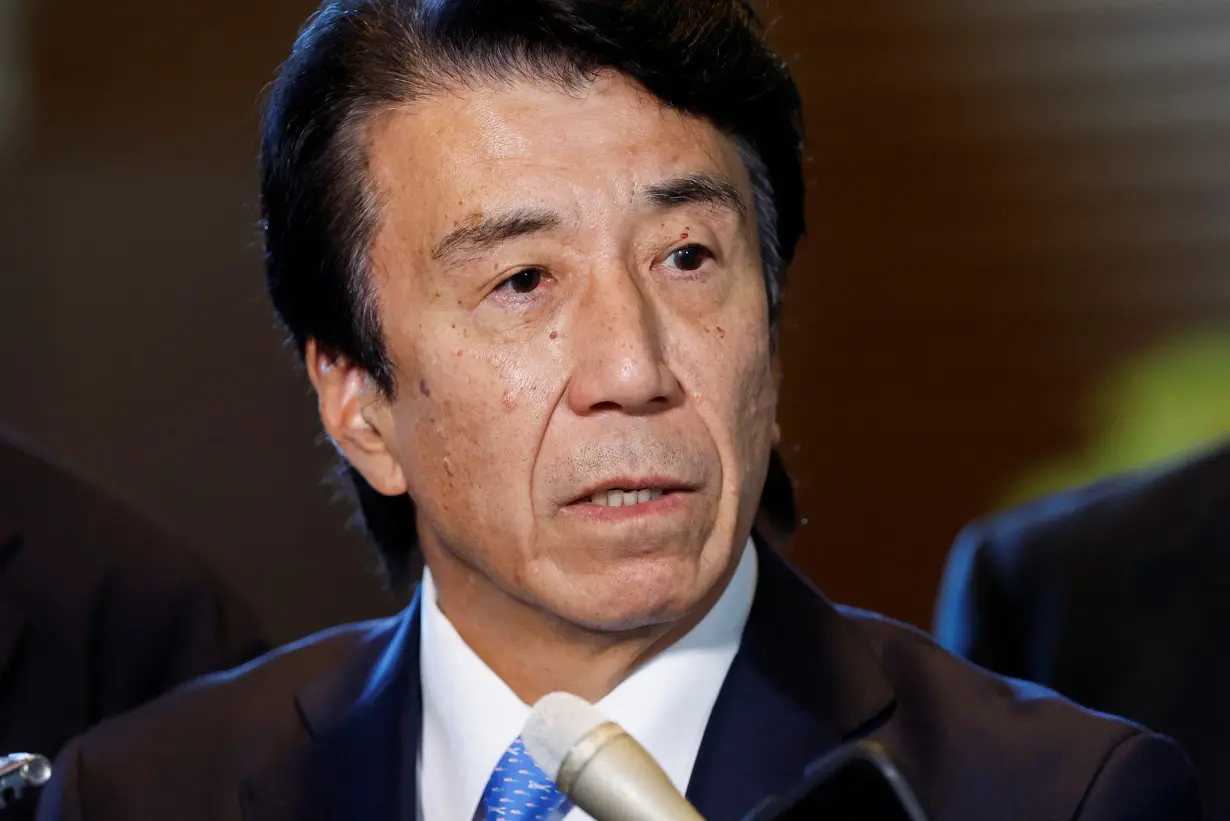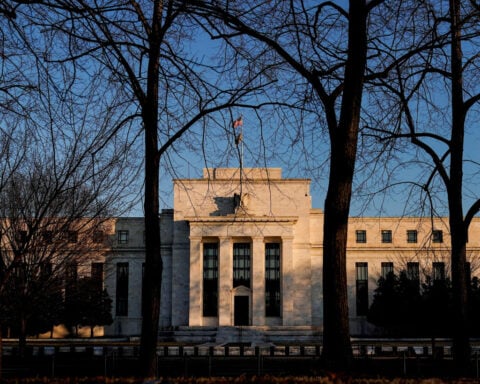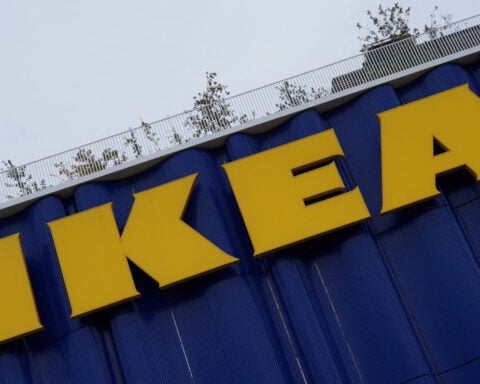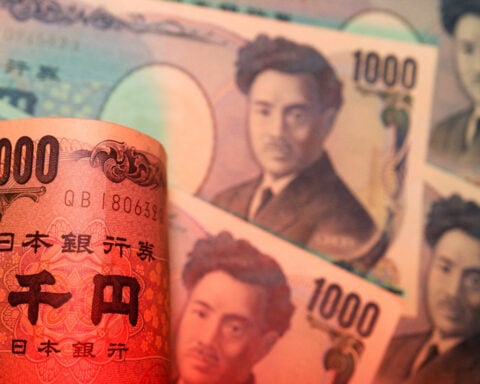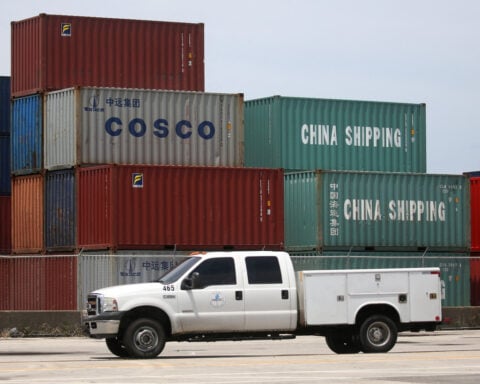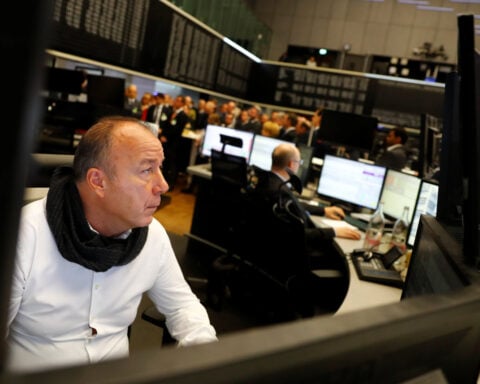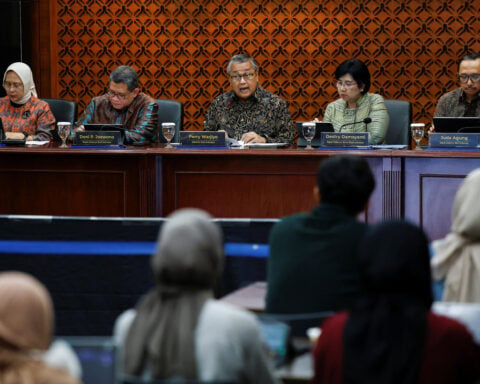TOKYO (Reuters) - Japanese Industry Minister Ken Saito said on Friday that U.S.-Japanese ties were "stronger than ever", although he declined to comment directly on growing scrutiny in the United States of a proposed deal for Nippon Steel to buy U.S. Steel.
Speaking at a regularly scheduled press conference, Saito said he was aware of a statement by the U.S. National Economic Council director that the purchase deserves "serious scrutiny" but would not comment directly on private deals.
"I believe Nippon Steel simply needs to take the proper steps in the procedure," he said. "In any case, the Japan-U.S. alliance is stronger than ever ... and it is important to work together in the field of economic security."
The White House on Thursday said Nippon Steel's $14.9 billion proposed acquisition of U.S. Steel needed to be carefully scrutinised given the company's core role in U.S. steel production that is critical to national security.
The strongly worded White House statement comes amid growing criticism of the proposed deal by both Democratic and Republican lawmakers and the powerful United Steelworkers union, the main union at the third-largest U.S. steel company.
U.S. Ambassador to Japan Rahm Emanuel had welcomed the deal shortly after its announcement on Monday, saying in an X social media post the two companies were "defining the future of the key steel industry and forging a strong bond as they face a more competitive environment." He added that the deal would "deepen the bonds" between the U.S. and Japan.
A U.S. embassy spokesperson said on Friday the ambassador had no further comment on the deal.
(Reporting by Chang-Ran Kim and Yukiko Toyoda; Editing by Christian Schmollinger and Edmund Klamann)

 Italy, Albania, UAE sign deal for energy subsea interconnection
Italy, Albania, UAE sign deal for energy subsea interconnection
 European shares advance as bond yields ease; soft inflation powers UK stocks
European shares advance as bond yields ease; soft inflation powers UK stocks
 Bank Indonesia delivers surprise rate cut to support growth
Bank Indonesia delivers surprise rate cut to support growth
 Novak Djokovic breaks a tie with Roger Federer for the most Grand Slam matches in tennis history
Novak Djokovic breaks a tie with Roger Federer for the most Grand Slam matches in tennis history
 China's RedNote: what you need to know about the app TikTok users are flocking to
China's RedNote: what you need to know about the app TikTok users are flocking to
 British author Neil Gaiman denies ever engaging in non-consensual sex as more accusers come forward
British author Neil Gaiman denies ever engaging in non-consensual sex as more accusers come forward
